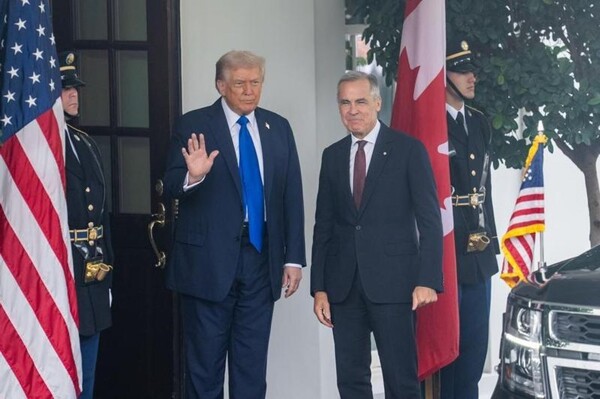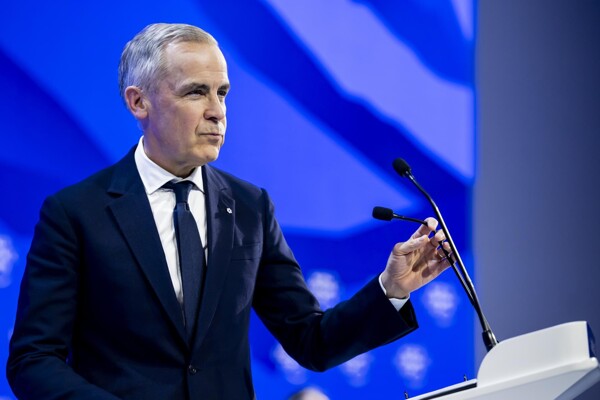
Women have demonstrated their capacity to innovate, face crises and contribute to the development of dynamic and resilient economies in a global trade environment. Currently, leadership in the multilateral trade system is being exercised by women from the global south, such as Canada and Rwanda, who have implemented strategies to facilitate access to credit and business training, as well as to integrate more women into international markets through financial policies.
Governments play a crucial role in ensuring that trade strategies are inclusive, allowing more women to access global markets. In a context of uncertainty, the importance of female leadership in global governance and in the business realm is emphasized, highlighting that trade is a catalyst for social change and that female leadership must be part of that transformation.
At a time when international trade is undergoing profound transformations, the need to design inclusive trade strategies that maximize women's economic potential is highlighted. Increasing female participation in the economy is not only a matter of equity but also an effective strategy to strengthen global economic growth and stability.
It is essential to implement national policies that encourage women's participation in the economy, as their presence in leadership positions is not only desirable but also key in strategic decision-making. Translating this model to the business sector is equally relevant, considering that women entrepreneurs are a minority in the productive sector, with limited access to financing, business networks, and training, which prevents them from positioning themselves in decision-making roles.
The work of women in leadership positions not only benefits their communities by generating formal and better-paid jobs, reducing poverty and promoting more equitable development, but also contributes to sustainable development and productive diversification. Figures like Ngozi Okonjo-Iweala, Rebeca Grynspan, and Pamela Coke-Hamilton have solidified the role of trade as a tool for development, in a context marked by protectionism and uncertainty.
According to the International Monetary Fund, a greater participation of women in leadership roles would lead to better performance and profitability of companies. International Women's Day on March 8 was an opportunity to reflect on the progress and challenges related to gender equality, particularly in the realm of international trade.













